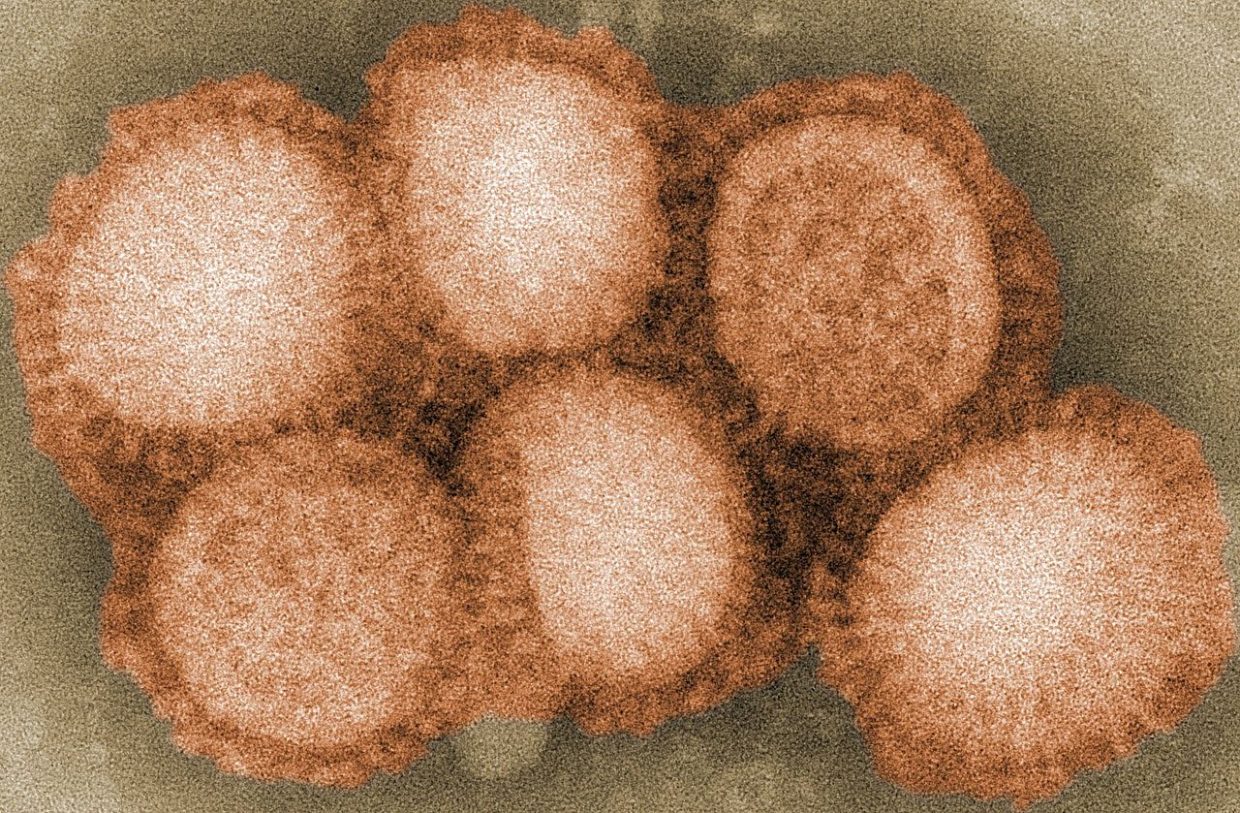Bird Flu: The Next Global Pandemic We Can’t Ignore

The threat of bird flu is real and growing. Yet it’s not getting the attention it deserves from politicians. Last month, a pet dog in Canada died of H5N1 (bird flu) after eating a wild goose. It was a worrying sign that the virus can spread to mammals who come into contact with an infected bird, dead or alive.
In November, domestic birds in Britain were put into an indoor lockdown due to the high number of infected wild birds. Avian flu has a near 100% fatality rate in most poultry. This leads to shortages of turkey and eggs as farm after farm was decimated by the disease. Since then, there have been outbreaks across the world. Over 3,000 sea lions died in Peru, 700 Caspian seals died in Russia and several dolphins have died in Britain and the US.
Preparation and Challenges in Mitigating the Risk of H5N1 Avian influenza
Although mammal-to-mammal transmission hasn’t been confirmed yet. The recent research has shown that H5N1 samples could spread efficiently between ferrets with fatal outcomes. In order for it to spread efficiently to humans, three major categories of genetic changes are required. One of which has already occurred. This means that H5N1 is still a theoretical risk for the next human pandemic at present. Preparation must already be happening to ensure minimal harm if an outbreak occurs.
The cornerstone of infectious disease preparedness involves surveillance, testing, vaccines and antivirals. The US government is already taking steps towards this goal. They have produced a candidate vaccine virus likely to provide good protection against H5N1 viruses. They also shared it with vaccine manufacturers to start stockpiling doses. However, egg shortages could be an issue due to many chickens being killed off by bird flu. In addition, getting doses of antiviral treatments to all parts of the world is also a challenge due to shortages.
Preparation must also involve appropriate PPE for healthcare workers and diagnostics for hospitals. If an outbreak does occur it can be identified quickly and treated effectively. But this requires collaboration across countries, scientific ingenuity and good leadership – something that’s difficult when public mistrust in political leadership is so high. It’s time for governments around the world to pay attention to bird flu before it’s too late.





